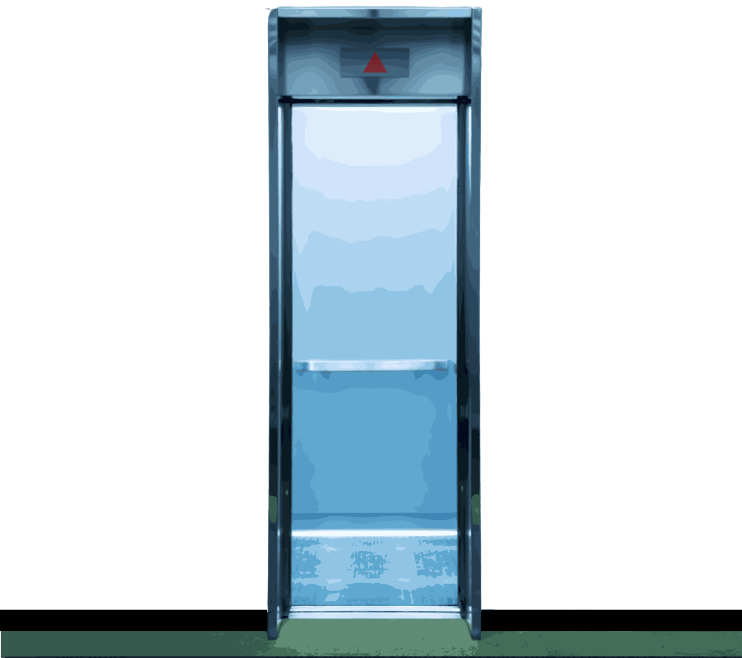In 1969, several high school students in Des Moines, Iowa expressed their opinions against government action in Vietman by wearing black arm bands to school. Three students were sent home from school for refusing to remove their arm bands. Their parents then sued the school.
This case, Tinker v. Des Moines, traveled all the way to the Supreme Court, which voted in the students’ favor. This ruling upheld the students’ freedom to express their opinions, even in a school environment.
However, the debate didn’t end there. Freedom of expression is one of our most important and cherished rights, and many will do whatever it takes to protect the right to share their ideas and opinions.
“It [self-expression] is vital to healthy humanity, especially when it comes to emotions and progress,” Choral Director Christina Carter said. “Communicating ideas and thoughts in a healthy way moves us forward in society. True collaboration constantly changes our world for the better.”
Without freedom of expression, the world would be a colorless place.
“It’s nice to see the point of view of someone different from you,” Fine Arts teacher Irina Ashcraft said. “It makes you think about things differently. It’s eye-opening.”
It’s hard to give freedom of expression an exact definition. However, Trinity students and faculty agreed for the most part that freedom of expression is the ability to share your inner thoughts, feelings and ideas with the world at large.
“[Self-expression] doesn’t have constraints,” sophomore Teagan Hosbein said. “If you do something that shows others a little (or a lot) about you as a person, that is self-expression.”
Self-expression is especially important to middle and high school students. During this time, teenagers dabble in many activities and social identities in order to find what they are passionate about. Being able to express one’s self is an integral part of this process.
“The freedom to express yourself is crucial to developing your own personality, and it is very important to be able to show the world who you are as a person for the purpose of attracting people with common interests,” sophomore Ayla Maugans said.
Despite this, school administrations still grapple with this issue. In fact, many landmark Supreme Court cases, such as Tinker v. Des Moines, are centered around freedom of expression in schools. While most teachers and administrators believe that self-expression for the most part is a good thing, there is still a line that they feel cannot be crossed in order to maintain a learning environment.
“I believe students could cross the line pertaining self-expression when they break that contract, when you don’t consider all points of view, or neglect to work to communicate effectively and safely,” Carter said.
In recent years, that line has been encroaching more and more into students’ freedom to share their opinions as many schools enact restrictive policies such as censoring bulletins circulated around school and enforcing school uniforms.
However, most Trinity students and faculty view the school as a place that promotes expression.
“I see Trinity as a place that fosters self-expression in all areas,” Hosbein said. “It does nothing to impede self-expression as a whole.”
This may be at least partly due to Trinity’s small size, which allows for more focus to be placed on the individual student than in a school with a larger student body.
“There is the foundation that every Trinity student is touched by the arts, so I trust that each student challenges themselves this way in whatever artistic medium fits them best,” Carter said.
Trinity students also feel that the school gives them many opportunities to express themselves in several different ways. Most people find a way to express themselves by doing the things that they love, whether it is through sports, arts, or any other hobby.
“Trinity provides opportunities for self-expression through athletics and various arts including theater, granted they must be pursued on the students’ own time,” Maugans said.
Though Trinity fosters self-expression more than other schools, it still does not allow for all the freedoms that students may desire. For example, as this is a college prep school, academic classes are still prioritized over extra-curriculars. Students must still adhere to the dress code and attend chapel every week or otherwise face disciplinary action.
Some restrictions may not come from Trinity itself, but from the fact that as a student, one is surrounded by teenagers. Though expressing oneself is important for a teenager’s development as an individual, many are still pressured by their peers into following the crowd. This may contribute to why many students find high school so restrictive.
“The natural social insecurities of teenagers also limit self-expression in high school,” Maugans said.
Furthermore, some school restrictions on individuality are necessary to maintain a learning environment. In order to maintain safety and order in schools, students can’t be allowed to express controversial opinions in violent ways.
“When you add the word ‘student’ into the question, a new parameter is already set,” Carter said. “As a student, you agree to a certain set of expectations…it all comes back to expressing yourself within the borders of expected social safety and stability. You are expected to act a certain way in class, in chapel, as an audience, as a performer, even at sporting events. Does that mean your ideas are capped? No.”
Furthermore, people find a way to express themselves even when there are restrictions placed on their freedom to do so.
“I immediately think of historic events that were based on quite illegal expressions of opinion,” Carter said. She brought up examples such as Rosa Parks’ stand.
“When one door closes, another opens,” Ashcraft said. “You do find a way. If you’re forbidden to express yourself in one way, it comes out in another.”















